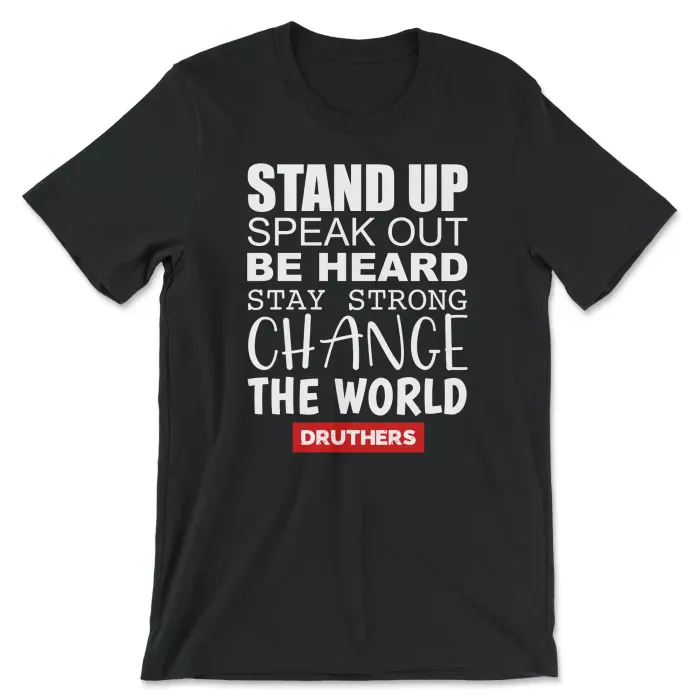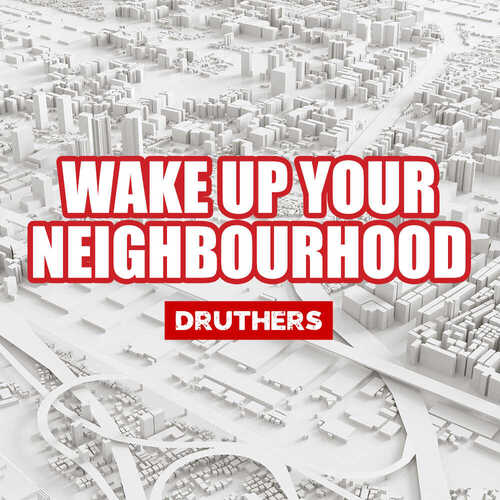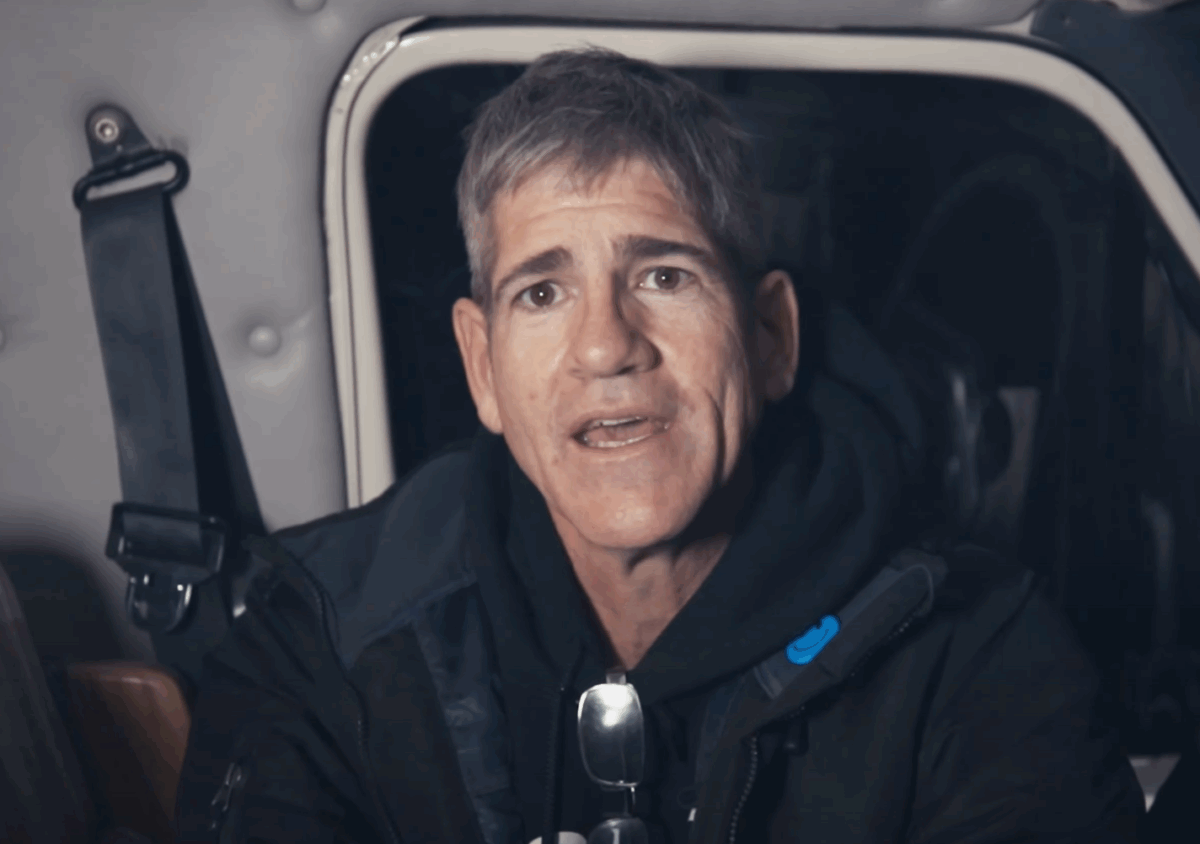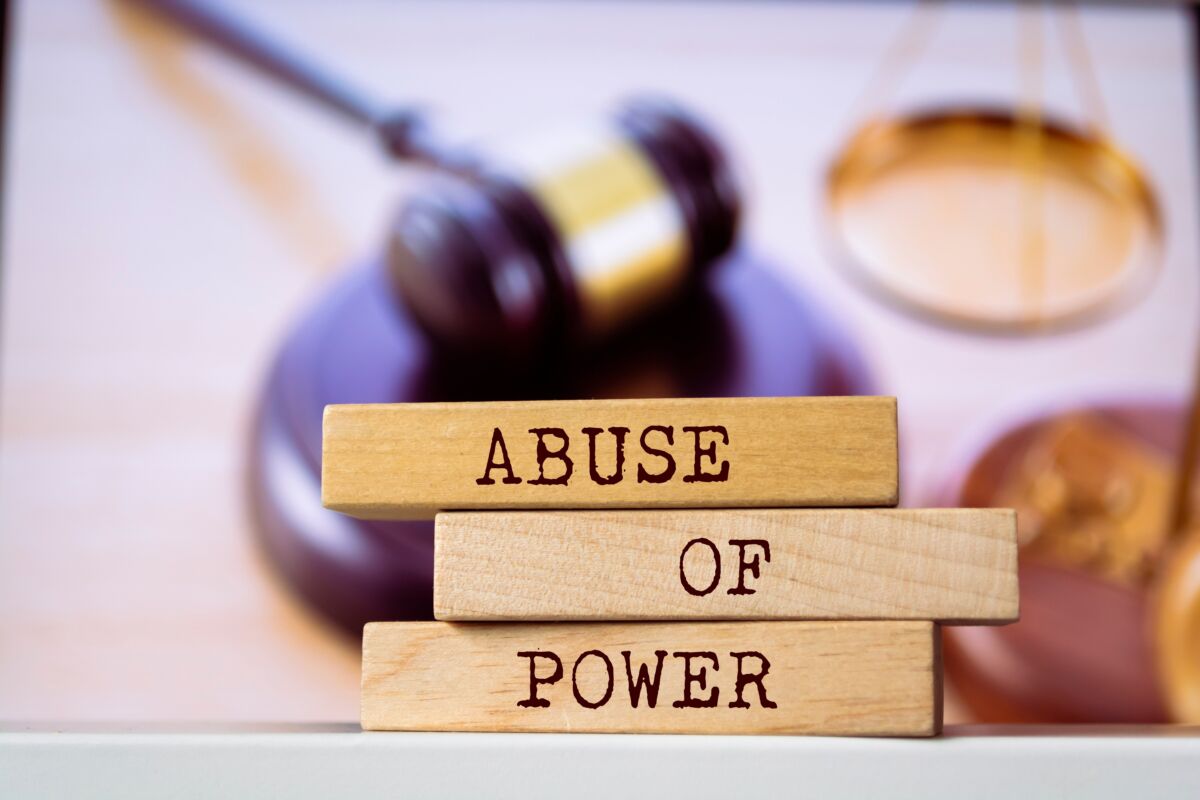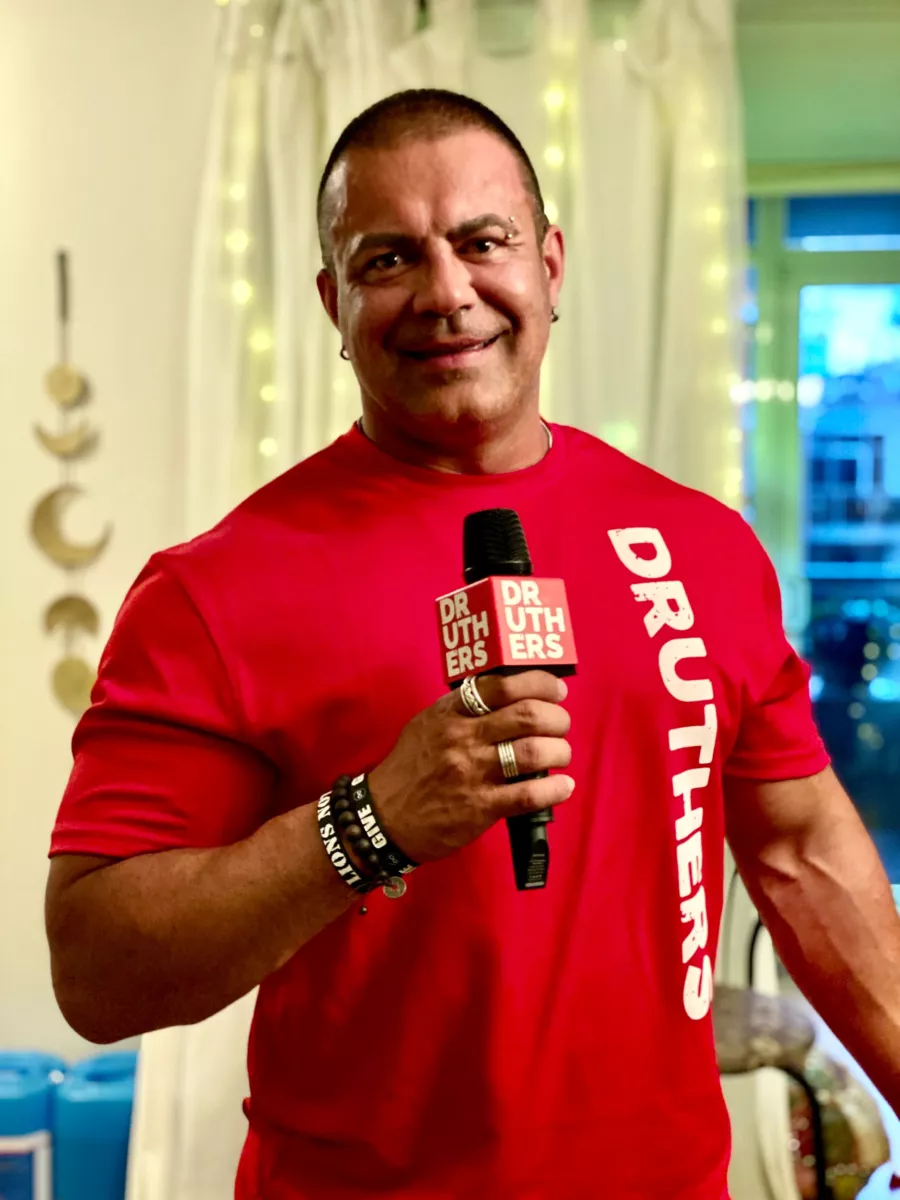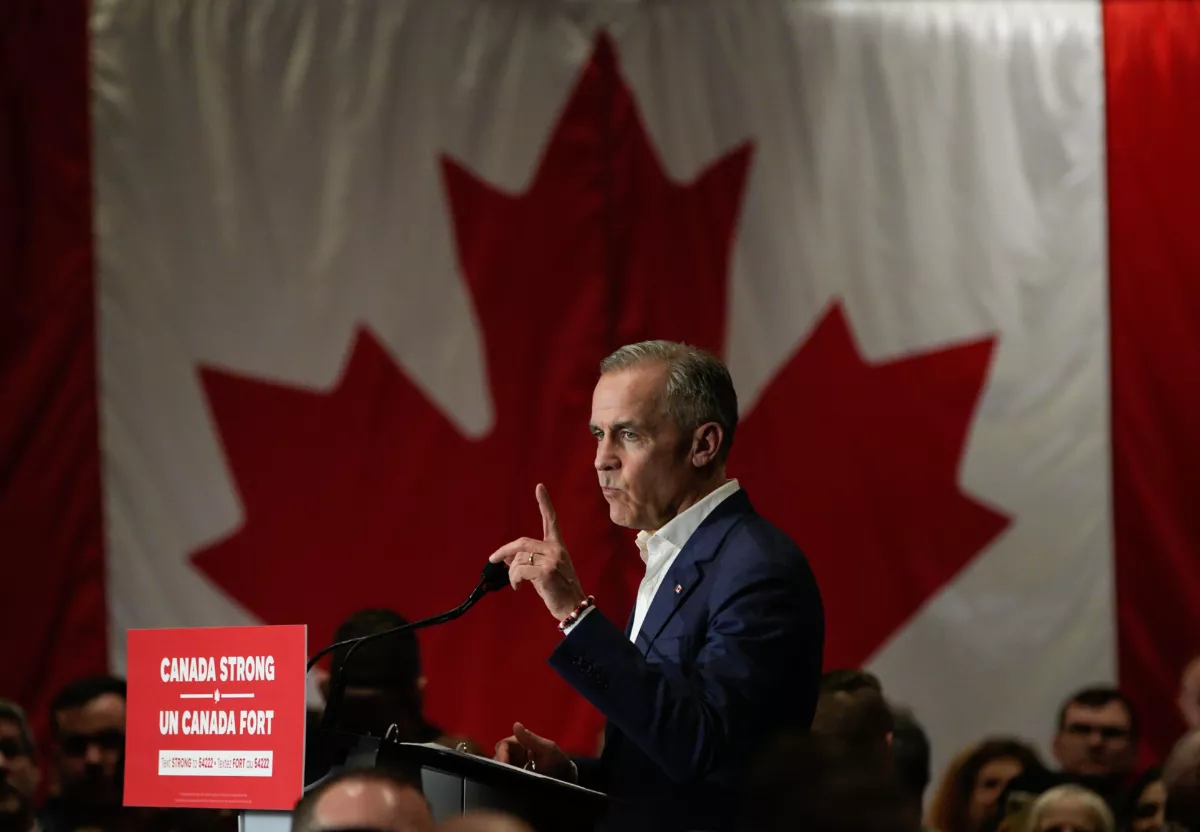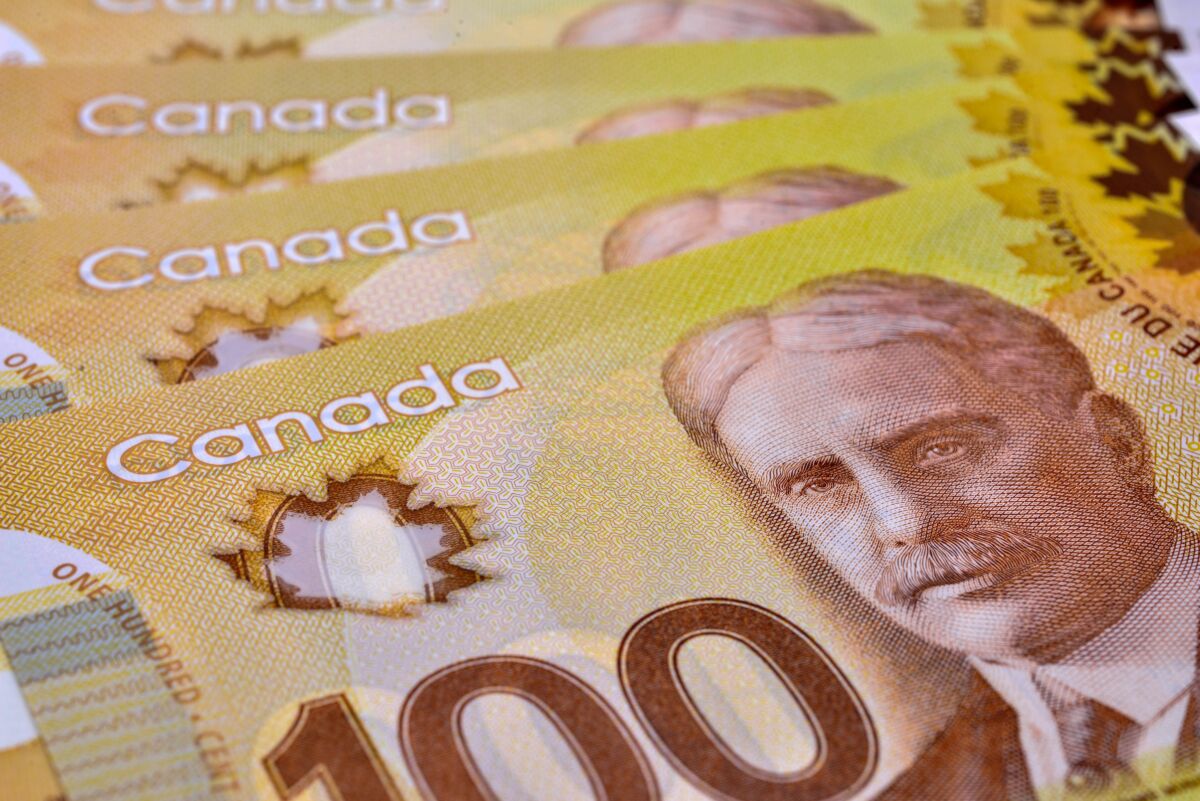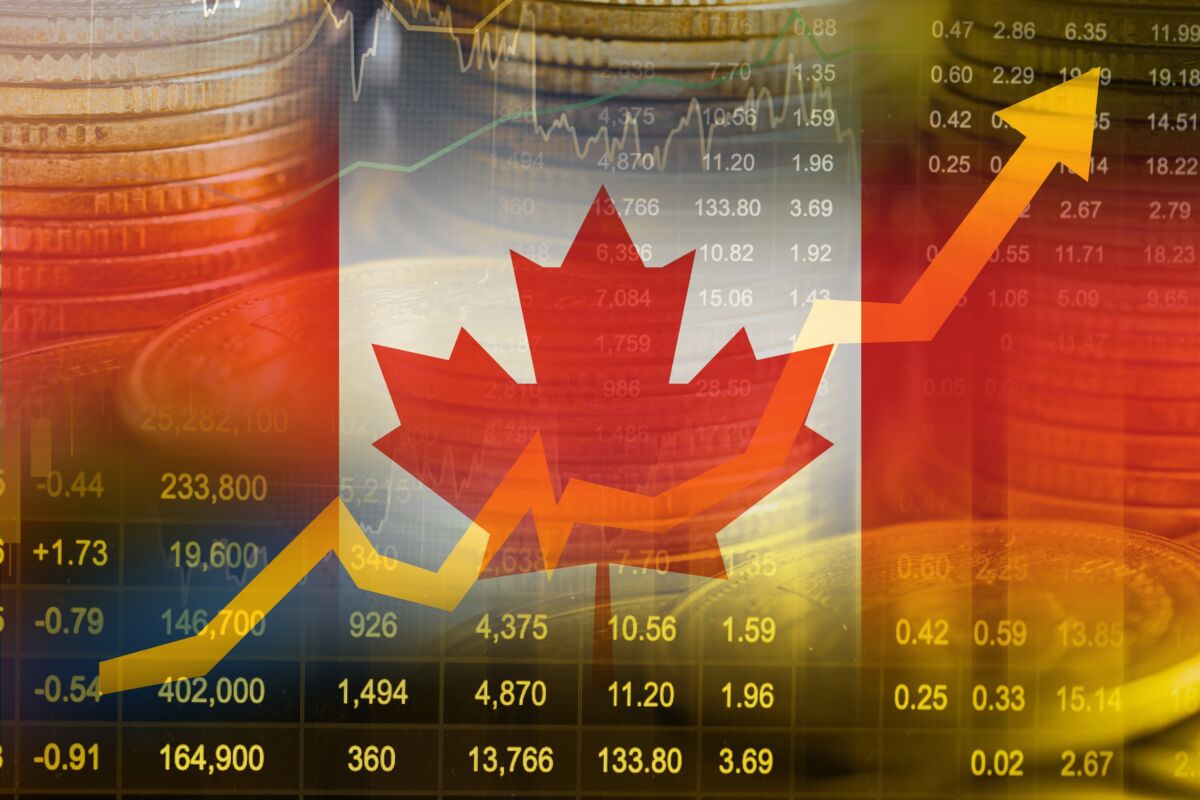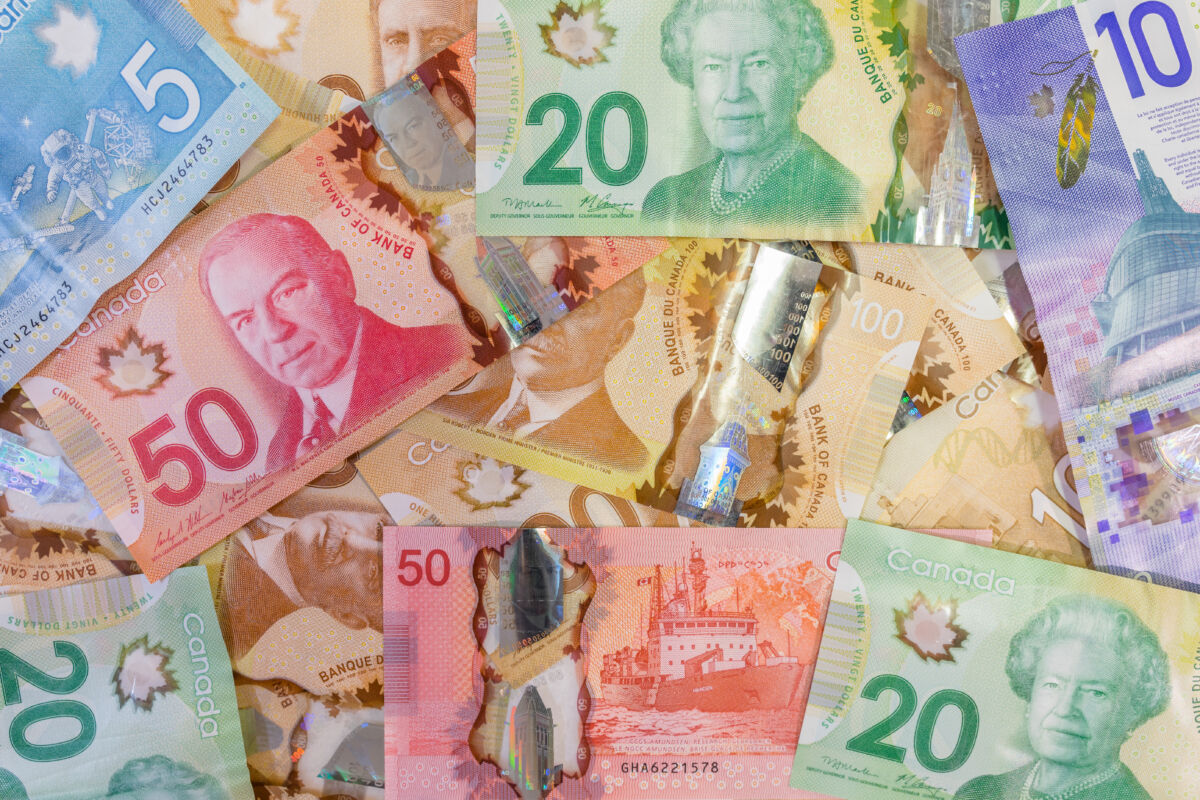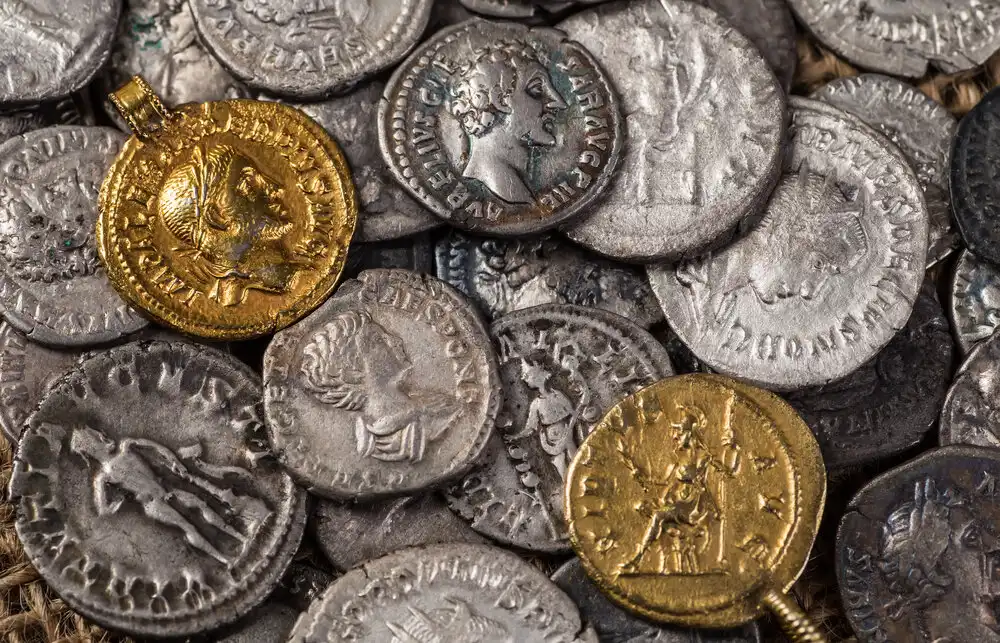The Bank of Dave
By Shellie Troy
David Fishwick is just a regular guy who loves his hometown of Burnley, England. He watched Burnley failing because banks called a recession and refused to give loans. Businesses were shuttered, rental suites sat empty with their windows boarded up, food bank usage was at an all-time high, children were going to school hungry, and hardships and compounding social decay were evident everywhere. And Dave decided he wasn’t having it!
So, he made a plan. He would open a little bank that would offer 5% interest on deposits, then give smaller loans to local entrepreneurs. Any profits beyond overhead and salaries would be gifted to worthwhile causes in the community. It would be a simple savings and loans bank run by the community for the benefit of the community.
His first roadblock was using the noun “bank”. So he turned it into a verb, called it “Bank on Dave!” and kept going. The banks continued their cancellation campaign; they investigated him, had agents visit his family home, and tried to intimidate and frighten him, but dirty tactics only hardened his resolve. Gradually, people deposited their money and Bank on Dave! flourished, and eventually, the government granted him a bank license—the second one in 150 years. That’s a short summary of a long process of obstacles and setbacks, all of which Dave navigated with humour, creative strategies, and plain old stubbornness.
Don’t lose touch with uncensored news! Join our mailing list today.
When Dave learned about Germany’s Sparkassen banking system, which is very similar, he went there to learn what he could. Formed in the 1870s, it now has over 400 banks and 15,860 branches, employs about 284,800 people and serves 15 million customers. All the profits belong to the community and stay there; nothing is siphoned off to Wall Street, Singapore, or anywhere else. These thousands of small, local savings banks are the real power behind Germany’s economy and ensure small and mid-sized companies can get credit when needed. Occasionally, Sparkassen banks struggle with government regulators who try to impede their business and cancel their success, but with steadfast determination and their self-described F*@k You attitude, they have flourished.
We need community-run banks
Around the world, it’s become clear that big banks are dark agents of social malaise. Barclays, National Westminster, Citibank, JP Morgan, Danske Bank, HSBC, Credit Suisse, Deutsche Bank, National Bank of Pakistan and others have been convicted and fined for assisting transnational crime networks involving drugs, armaments, human trafficking, black markets, covert ops, etc. And it’s not just bankers and underground criminals in the game. The Panama Papers revealed prominent politicians, celebrities, business leaders, and other high-profile individuals worldwide make liberal use of offshore accounts for money laundering, tax cheating and hiding ill-gotten gains.
Canadian banks, long touted as stalwarts of integrity and reliability, are no better. In October, the U.S. version of TD Bank—the 10th largest bank in America—was fined $3 billion for creating an environment that aided and abetted financial crime. Surprise, surprise, TD Bank Group is a partner with the World Economic Forum (WEF).
Award-winning investigative journalist Sam Cooper, an internationally recognized expert in transnational crime networks, especially those from China, reports that in Canada, RBC, CIBC, TD and HSBC banks have all been charged and fined. HSBC has been outed for doing fake, no-income mortgages from Chinese nationals claiming income from companies in China that don’t exist. Hundreds of billions of dollars in fraudulent mortgages, especially in the Toronto and Vancouver housing markets, have been based on forged documents. The banks are engaged in systemic corruption, Cooper said on CHEK TV, and are “working in collusion with crime networks in China”.1
In the late 1990s, Quontic Bank in New York made possible the purchase of 70-80 properties in the state of Maine through community development finance institutions (CDFIs), a special designation the US Treasury gave to banks, apparently to help marginalized communities—blacks and first-generation immigrants—secure mortgages in an atmosphere of perceived risk and some discrimination.
When Quontic started offering CDFI mortgage products, bank officials reported that their business went up 1000%. And so did illegal marijuana cultivation—on those 70-80 Maine properties. “Fast forward 20 years, what this becomes is a very slick, very easy way for criminal organizations to obtain financing to expand their operations,” Cooper said in an interview.
Today, there are hundreds of illegal marijuana grow ops in Maine. Energy companies providing the electricity know their exact location, but cracking down has proved difficult: no political will, politicians on the take, a surfeit of dirty lawyers helping criminals circumvent laws, and accusations of anti-Asian racism or invasion of privacy have all stymied investigation.
What’s worse is, after banks were informed that CDFI was a problem, instead of stopping the program or tightening up regulations, the banks “doubled down on their target advertising to Chinese immigrants in Mandarin and Cantonese on WeChat.” And Chinese police stations and consulates are tangled up in all this.2
And we wonder why there’s a housing crisis
As comic, George Carlin, so famously quipped, “It’s a big club and you ain’t in it.”
No one in banking will go to jail for their crimes but they grind the little guy down. Banks have started questioning cash withdrawals made by individuals, asking what the money is for and expecting an answer. (I told them garage sales.) They claim this new regulation is to prevent money laundering transactions. How ludicrous! As if depositing or withdrawing $5K is a threat. What they’re really doing is building the fallacy that financial privacy (ours, not theirs) is dangerous and soon won’t be allowed. Freedom is the real threat—just ask Trucker Convoy supporters who had their bank accounts frozen.
As for the macro, the push for centralized, global banking is about next-level greed. Digital ID and Central Bank Digital Currency (CBDC), sold as free market innovation and designed to be “easy, convenient and safe,” hides the colossal profits in aggregate data collection. Organizations hypnotized by zealous beliefs in all things “global” are assisting a new feudalism. The same old forms of competition, rivalries, mergers, acquisitions and profiteering will continue, only on a hitherto unknown scale, while the 99% are yanked along in their wake. They’ll make fortunes for themselves and make suffering and starvation for us.
“The welfare of the people has always been the alibi of tyrants, giving the servants of tyranny a good conscience.” – Camus
Since the rise of BRICS (Brazil, Russia, India, China, South Africa), Western banks are digging a foxhole for more Us versus Them warfare. Much of the world no longer likes or trusts Western power structures—NATO, the military-industrial complex, the World Bank and the International Monetary Fund (IMF)—which force nations into debt slavery.
BRICS currently comprises ten nations and represents about 50% of the planet’s landmass. Thirty more nations applied to join in 2023. In a recent speech by Vladimir Putin, BRICS’ share of the global population is 45%, and the global GDP is 36% and growing.
Putin predicts that in the near future, growth won’t be centred in Europe or North America; Western nations are gradually losing their dominant position in the global economy; and he believes, foolishly, given Xi Jinping’s megalomaniacal goals, that a BRICS alliance means its nations will all function equally and free from interference by any one dominant nation.
But let’s shift focus back to the progressive, inspiring story of ordinary Dave Fishwick and his extraordinary vision. “The banks tried to take me to court, they tried a lot of dirty tricks, they were trying everything to get rid of me. The big banks, without a shadow of doubt, run the world. Fred the Shred lost billions but let’s put Dave in jail, that’s a good idea.” When asked if he ever worried about angering the big corporations, the people making millions and billions, he said, “You can’t be scared, you’ve got to hit it hard every day. I’m frightened of nothing and no one. You’ve got to have the attitude, if you’re doing the right thing, then just keep going. The minute they have the inkling you’re scared, then they’ll just jump all over you. You cannot let them win.” 3
The Bank of Dave story is so compelling that it’s being told across many media platforms: a three-part documentary on YouTube, a biographical drama-comedy starring Rory Kinnear as Dave, which aired on Netflix in 2023 and quickly shot up to number one in the ratings; and dozens of invitations to appear on mainstream and independent news programs. Bank of Dave has grown beyond savings and loans to doing mortgages and going after loansharking and payday loans. Dave is now a multi-millionaire—who will not sell the bank for any price. Not bad for a regular guy whose teachers thought he was “a bum and a loser” and who left school at sixteen to carry buckets of cement.
1. youtube.com/watch?v=MRJNUFomIdo&list=PLkzICr8cHHrZ66DHkaclL7tDLgY4SHpGc&index=6
2. thebureau.news/p/investigative-reports-how-chinese (20:00 min. mark)


